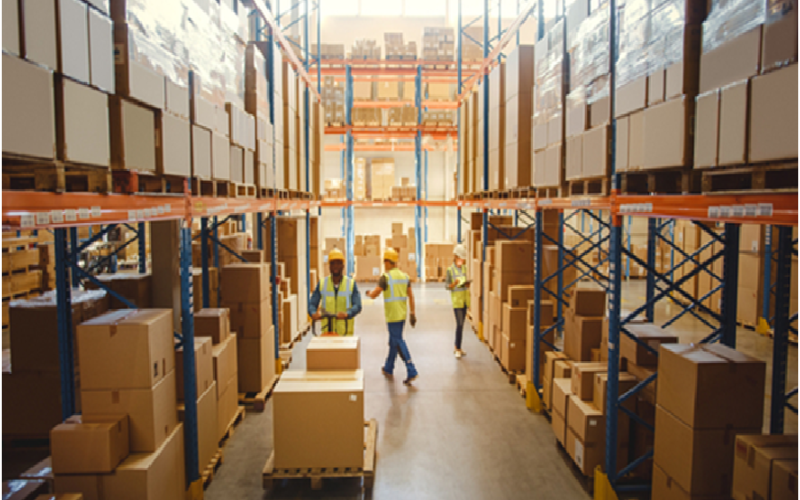The COVID-19 pandemic brought unprecedented challenges to economies worldwide. The strict lockdowns imposed by countries all over the world to contain the virus caused companies to close down, slowing down economic activities. However, as the populace adjusted to the new normal, businesses and consumers found a way to make transactions more viable — through e-commerce. They eventually went digital, leading to a surge of online transactions all over the world. According to studies, the number of digital buyers even went as high as 2.14 billion in 2021, up from 2.05 billion during the onset of the pandemic in 2020. As the demand of consumers skyrocket, logistic companies continue to keep up with the surge in cargo shipment, posing risks to international purchasers such as:
Delayed Arrival of Goods
Most delays are completely beyond your logistics partner’s control. External factors, such as border closures brought about by the COVID-19 pandemic, have limited the movements of logistic companies all over the world. Especially with the growing workload of Customs and border agencies due to the surge of overseas shipment, and amidst the decrease in available personnel due to COVID-19 infection, it may take a longer time for parcel inspection to be accomplished.
Aside from this, there are other external factors that can delay the arrival of shipments. In March 2021, a vessel blockage in the Suez Canal, the shortest sea link between Asia and Europe, made it difficult for cargo ships to pass through. This stopped global trade for a week, which continued to result in shipping delays until now.
Quality Issues
The international shipping industry is responsible for carrying 90% of world trade. This demonstrates how many parcels are being shipped day by day all over the world. Because of the bulk of shipments that logistic companies are handling, it may be almost impossible for them to take each and every parcel with extreme care. At most, they will secure parcels in groups, which may lead to inevitable quality issues and damages once they reach their final destination.
Complicated Documentation Requirements
When shipping internationally, various documents are required to be presented in ports to Customs authorities, while cargoes are subjected to stringent inspections. Although most logistic companies keep themselves abreast of these documentary requirements, Custom Declarations may change from time to time. For example, when the UK decided to leave the EU, it led to a change in the transport of goods from free trade across Europe to a Brexit compliant trade. These changes typically result in additional paper works and documentary requirements, causing more security checks and border delays.
Loss and Stolen Cargoes While in Transit
Losses of cargo can occur through various ways, from mislaying containers and mis labelling to premeditated criminal designs, such as piracy and robbery. In a 2017 report by the National Cargo Security Council, it was even estimated that the total loss incurred due to lost and stolen cargoes annually amounted to $50 billion. With cargo ships chartering vast oceans, and with logistic companies handling loads of goods, detecting these problems may be a really difficult job to do. With the help of technological advancements, however, we continue to hope that cargo handling becomes easier for them.
Communication Delays
Compared to traditional buying and selling, overseas purchases and shipments involve a more complicated network of activities and processes. With so many links involved from manufacturing to transport, communication obstacles become inevitable. As a result, critical errors as to cargo storage and warehousing may arise, which may result in product damages.
Remedies
To alleviate these risks, consumers and businesses alike should consider engaging the help of digital brand distributors like Kingpin, a company on a mission to bridge the gap between brands and retailers. Through their expertise in the field of e-commerce, all parties to the supply chain will not only have a one click access to global suppliers, but also to hassle-free payment terms and managed logistic services through reliable partners.

